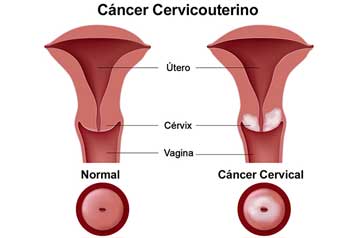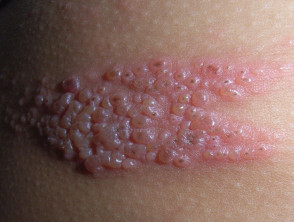What is infertility?
In general, infertility is defined as not being able to get pregnant (conceive) after one year of unprotected sex.
Women who do not have regular menstrual cycles, or are older than 35 years and have not conceived during a 6-month period of trying, should consider making an appointment with a reproductive endocrinologist—an infertility specialist. These doctors may also be able to help women with recurrent pregnancy loss—2 or more spontaneous miscarriages.
Pregnancy is the result of a process that has many steps.
To get pregnant—
- A woman’s body must release an egg from one of her ovaries (ovulation).
- A man's sperm must join with the egg along the way (fertilize).
- The fertilized egg must go through a fallopian tube toward the uterus (womb).
- The fertilized egg must attach to the inside of the uterus (implantation).
Infertility may result from a problem with any or several of these steps.
Impaired fecundity is a condition related to infertility and refers to women who have difficulty getting pregnant or carrying a pregnancy to term.
Is infertility a common problem?
Yes. About 6% of married women 15–44 years of age in the United States are unable to get pregnant after one year of unprotected sex (infertility).
Also, about 11% of women 15–44 years of age in the United States have difficulty getting pregnant or carrying a pregnancy to term, regardless of marital status (impaired fecundity).
Is infertility just a woman's problem?
No, infertility is not always a woman's problem. Both men and women contribute to infertility.
Many couples struggle with infertility and seek help to become pregnant; however, it is often thought of as only a women’s condition. A CDC study analyzed data from the 2002 National Survey of Family Growth and found that 7.5% of all sexually experienced men younger than age 45 reported seeing a fertility doctor during their lifetime—this equals 3.3–4.7 million men. Of men who sought help, 18% were diagnosed with a male-related infertility problem, including sperm or semen problems (14%) and varicocele (6%).






